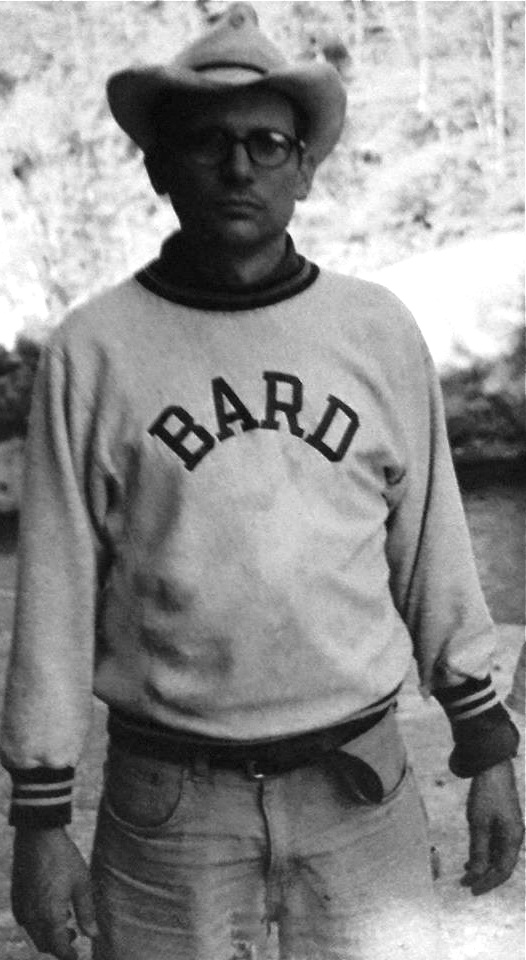WILL KITSON is Managing Editor of Seymour Magazine.
Will holds a Masters in English Literature from King’s College London, prior to which he earned a BA in Creative Writing (with Honours) from the University of Greenwich. Previous to his post at Seymour Magazine, Will has worked as a Reviewer, Copy Editor and Editorial Assistant/Arts Administrator at A Younger Theatre, Blake Friedmann Literary Agency and Brand Literary Magazine, respectively.
The force that through the green fuse drives the flower
While Dylan’s ‘advice’ is vague and, to many I’m sure, hardly as practical as more in-depth analyses on how to approach the creative process (for instance, Henry James’ wonderful essay, ‘The Art of Fiction’), it strikes a profound truth that philosophers and artists have been aware of for thousands of years; that is, that the artist is not so much the creator but the conduit through which the creative force travels. The original Greek Muse was not, in fact, inspiration personified in the form of a beautiful goddess; it was an invisible divine gust of wind which travelled through the artist / vessel to create the final masterpieces.
This phenomenon may seem far-fetched, or as if I’m invoking the absurd; however, I truly believe that its evidence is startlingly apparent. When you listen to the first movement of Beethoven’s The Moonlight Sonata it’s hard not to feel (and I mean really feel!) the composer’s sense of heartbreak and despair; likewise, when standing in front of Francis Bacon’s Triptych, May-June 1973 – three paintings which depict the suicide of his lover, George Dyer – you share the artist’s sense of loss, guilt, and tragedy. Of course, these examples are two of my own personal firebrands; but we each have our favourite works which cut us to the quick.
While the skill of these artists is obviously necessary to the final product, it is the sentiment (or rather, the ability to express said sentiment) which is what we find so compelling. Great artists don’t conjure up their emotions out of thin air – they experience them and, with all the honesty they can muster, share them with their audience.
That said, such a technique is by no means easy to employ. As a writer and musician I find the act of surrendering to an emotion or sensation – becoming the most efficient conduit I can be – constantly challenging and exhausting. Over-thinking and desperate analysis (which, I should say, have their purposes during the more mechanical aspects of creation i.e. editing and proofreading) are fiendish little impediments which cause resistance in the cycle of expression. However, I’m resolute in my belief that it is in this mode of most minimal resistance that I have created my most accomplished works. I like to imagine, also, that other creator’s would agree with me. After all, we’re all spinning the same experiences around – love, pain, hope, despair etc. -, tingeing them with our own unique filters, expressing them in our chosen mediums. I’d like to say that I’m proud of what I’ve created in these moments but, then again, to go back to Dylan, it wasn’t exactly me who created them was it …
W.K. 2014
Published: February 18th, 2014






Have you read any Michael Symmons Roberts? He said in a recent interview that he was compelled to write poetry – felt he had no choice at all.
(Luckily for him, he is very good at it)